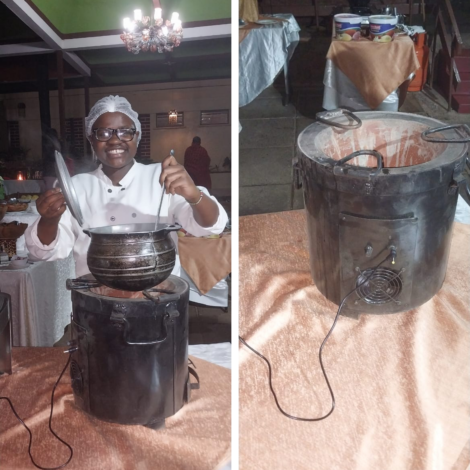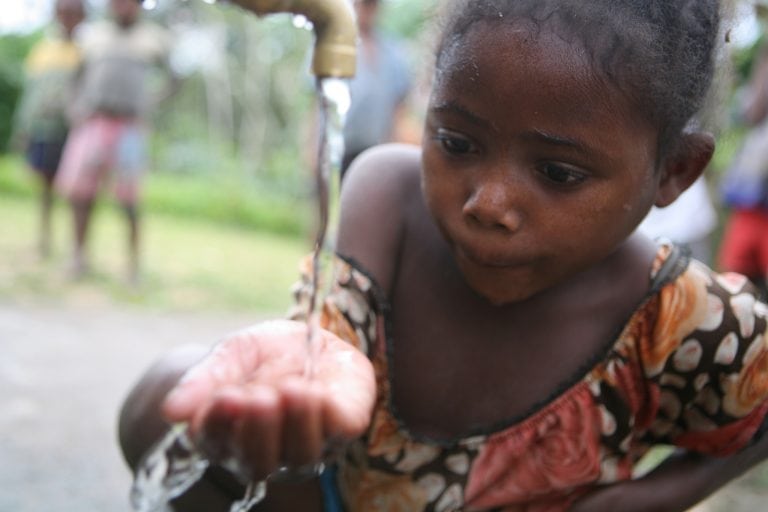A solar-powered atmospheric water harvesting system, a mobile biogas producer, clean stoves and plastic-to-fuel processes count among the inovations that emerged from the Startup|Energy Clean Energy Bootcamp in Nairobi. In all, 12 innovations underwent a round of refinement, three from teams at each of four universities: Kenyatta University and Mount Kenya University in Kenya, Makerere University Business School in Uganda, and Universität Freiburg in Germany.
Startup|Energy is a collaboration between Stiftung Solarenergie in Germany and the University of Freiburg to promote startups that advance a decentralized, renewable energy supply in Sub-Saharan Africa. The initiative offers an accelerator and fellowship to innovators.
The prototypes are designed to address multiple Sustainable Development Goals, merging benefits for environmental conservation, sustainable development and health and prosperity.
Some of the prototypes have advanced to pilot projects carried out with companies including Kenya Airways. Not every innovator was forthcoming with details for publication, but six agreed to share overviews of their prototypes with Engineering for Change.
“The Clean Energy Bootcamp from Startup|Energy not only gave me theoretical impulses, but also showed me how much persistence and entrepreneurial energy it takes to build a company. It’s a long journey, not a short sprint,” one participant said in a statement.
The Jiko-Letu cookstove, by Lawrence Kaburu and Team
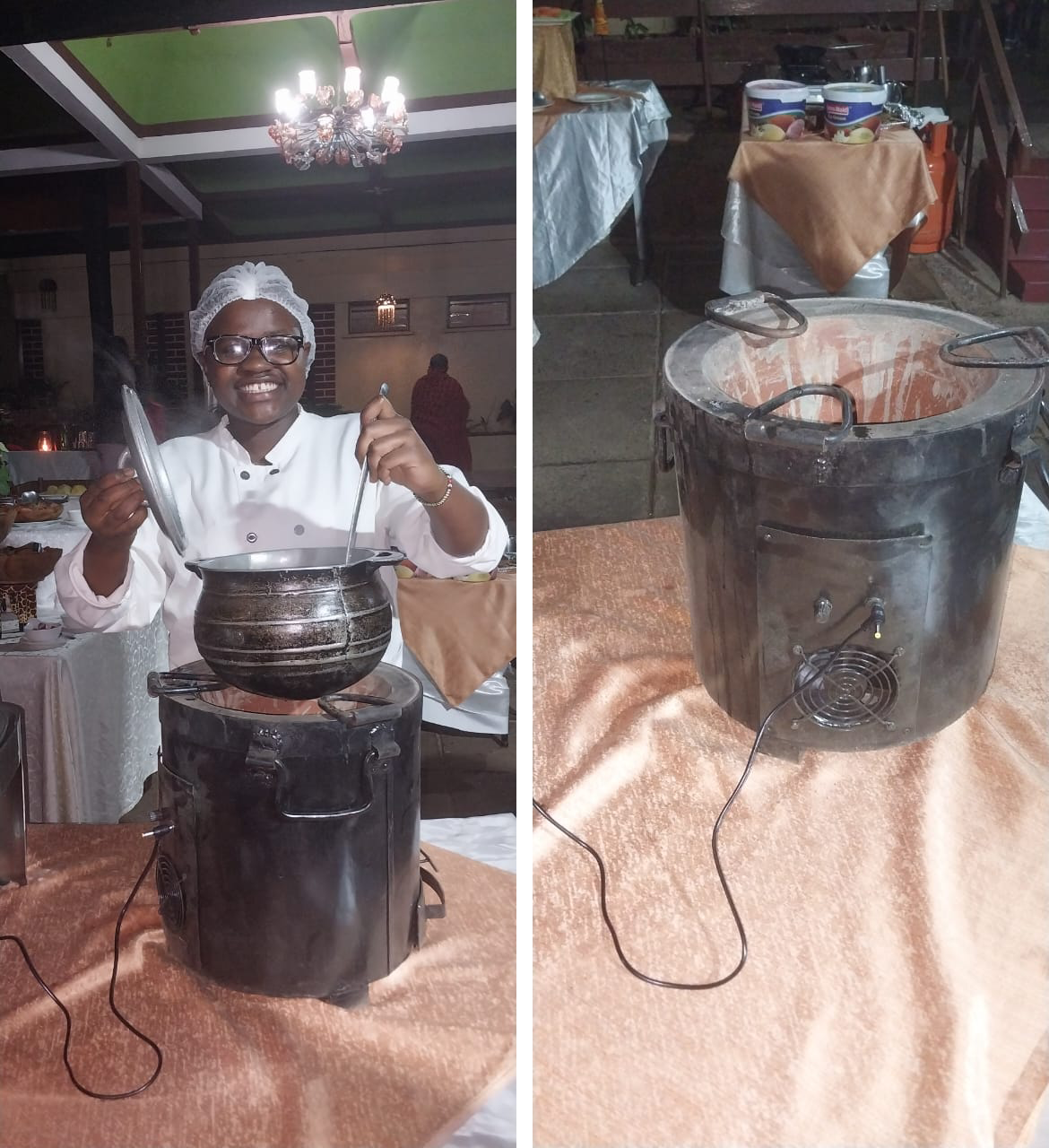
The Jiko-Letu, an efficient cookstove prototype in Nairobi. Photo courtesy of Lawrence Kaburu
“Jiko-Letu is a biomass improved cookstove that has taken me four years of research and improvement. It’s still work in progress,” Lawrence Kaburu told E4C.
The stove is designed to protect people’s health by minimizing indoor smoke and to protect the planet, requiring little fuel and minimal emissions, Mr. Kaburu says.
The stove meets Sustainable Development Goals 3, Good Health and Wellbeing; 7, Affordable and Clean Energy; 10, Reduced Inequalities; 11, Sustainable Cities and Communities; and 12, Responsible Consumption and Production.
“This is a shared responsibility for all of us,” Mr. Kaburu says.
The next step in development is to improve the design with better energy consumption and thermal efficiency.
“There is room for improvement when the right tools are at my disposal,” Mr. Kaburu says.
Mobile biogas digester and services, by Kizza Maureen Lugolobi and Team
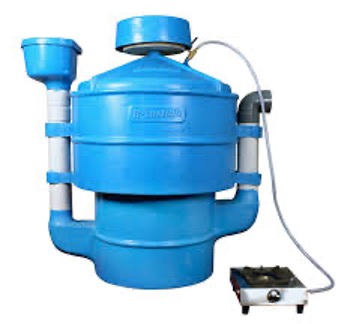
Mobile biodigester prototype. Photo courtesy of Maureen Kizza
Maureen Kizza and team are building a mobile biodigester prototype, a work in progress that they plan as the cornerstone of a cooking energy and services company.
“Currently, we are creating working prototype of the mobile biogas-digester for clean cooking, then we will test it thoroughly in Uganda’s real environment,” Ms. Kizza says.
Their next steps are pilots in the community to track performance and gather statistics on energy consumption, environmental impact and customer satisfaction. The team also plans market research to learn more about their target customers’ cooking habits and views on biogas uptake, as well as a technical feasibility study of the potential for installing biogas systems in Ugandan homes and businesses.
The team will investigate the availability of feedstock for biogas digesters, such as dung, agricultural waste, municipal waste, livestock waste and kitchen waste. And they will evaluate the suitability of digester designs, infrastructural needs, and compatibility with current cooking appliances.
The team seeks partnerships with local non-governmental organizations, government agencies, community organizations, and businesses to build capacity, enhance community outreach, broaden their distribution networks and procure funding. As the business scales, the Ms. Kizza says they will branch into other clean-technology products and training programs for local technicians, business owners and members of communities.
Pyro-Degrade Energy, by Dawson Mwangi and Team
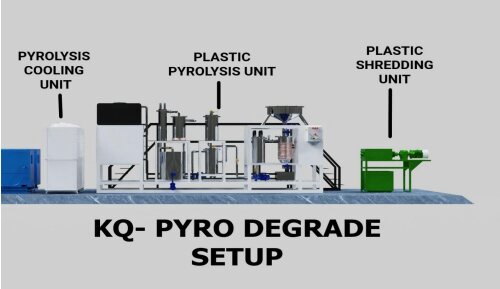
Image courtesy of Dawson Mwangi
Kenyans burn 7.35 million liters of vehicle fuel per day, and they dispose of 480,000kg of plastic per day. If plastic waste could fuel vehicles, two problems would be solved. Dawson Mwangi and team are developing a process to convert plastic into ‘pyro-diesel’ in which one kilogram of plastic yields .7 liters of fuel. Kenya Airways has taken interest and pledged (USD) $50,000 to build a plant that would produce the fuel.
The processor is self sufficient, running off the grid using the fuel it produces.
For information, please see pyro-degrade.co.ke.
Kyuka by Janepher Matini and Team
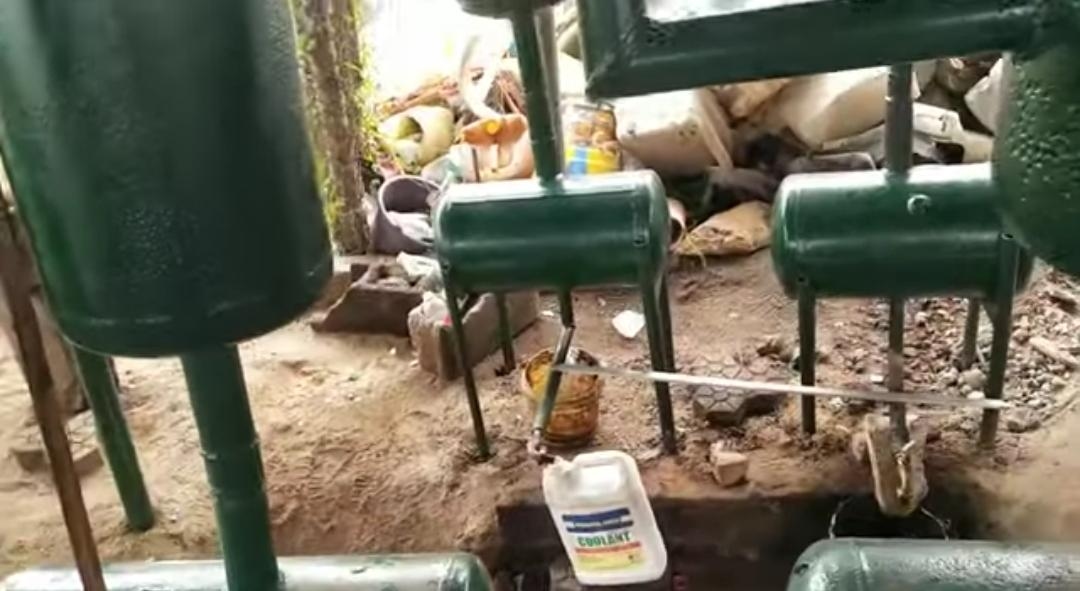
Photo courtesy of Janepher Matini
Kyuka Ventures Innovation Hub in Uganda is recycling plastic waste into a low-cost natural gas alternative for cooking and heating. The process is designed to provide a sustainable substitute to charcoal and fossil fuels in rural Uganda and other regions in Africa. Only 40 percent of the plastic waste produced in Uganda is recycled, and converting the waste into fuel could solve the problem, the team explains in their pitch.
“With our product we aim to reduce methane emissions from dump sites and reduce carbon emissions by 91 percent,” Ms. Matini told E4C.
My project benefits the environment, the people, and the economy,” Ms. Matini says.
The next step to procure an LPG storage facility that can store upto 10,000 liters, Ms. Matini says.
Eco Froz by Bettinah Maruti and Team
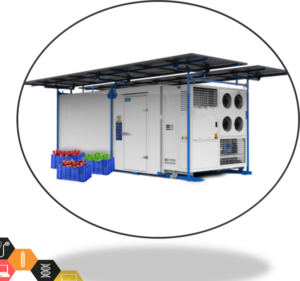
Image courtesy of Bettinah Maruti
Eco Froz solar-powered cold room extends the shelf life for perishables to reduce post-harvest loss. The cold room has low maintenance costs and runs up to 30 hours on battery backup. The team developed a business model that includes upfront purchases, leases and rental and a community share option.
“I envision Eco Froz as a catalyst for positive change , driving economic empowerment, environmental conservation and social well-being in agricultural communities,” Bettina Maruti told E4C.
The team’s pitch includes a financial forecast for years one through five and envisions profitability through high-volume sales and cost-effective operations.
The next steps are to refine and optimize the Eco Froz prototype based on feedback from pilot testing and customer validation.
“My team and I will focus on enhancing performance, durability and user-friendliness to ensure that Eco Froz meets the needs and expectations of our target customers,” Ms. Matini says. “We will continue to explore opportunities for innovation and differentiation, leveraging emerging technologies and market trends to further enhance the value proposition of Eco Froz.”
Solar-Powered Cold Storage Units by Herbert Murungi and Team
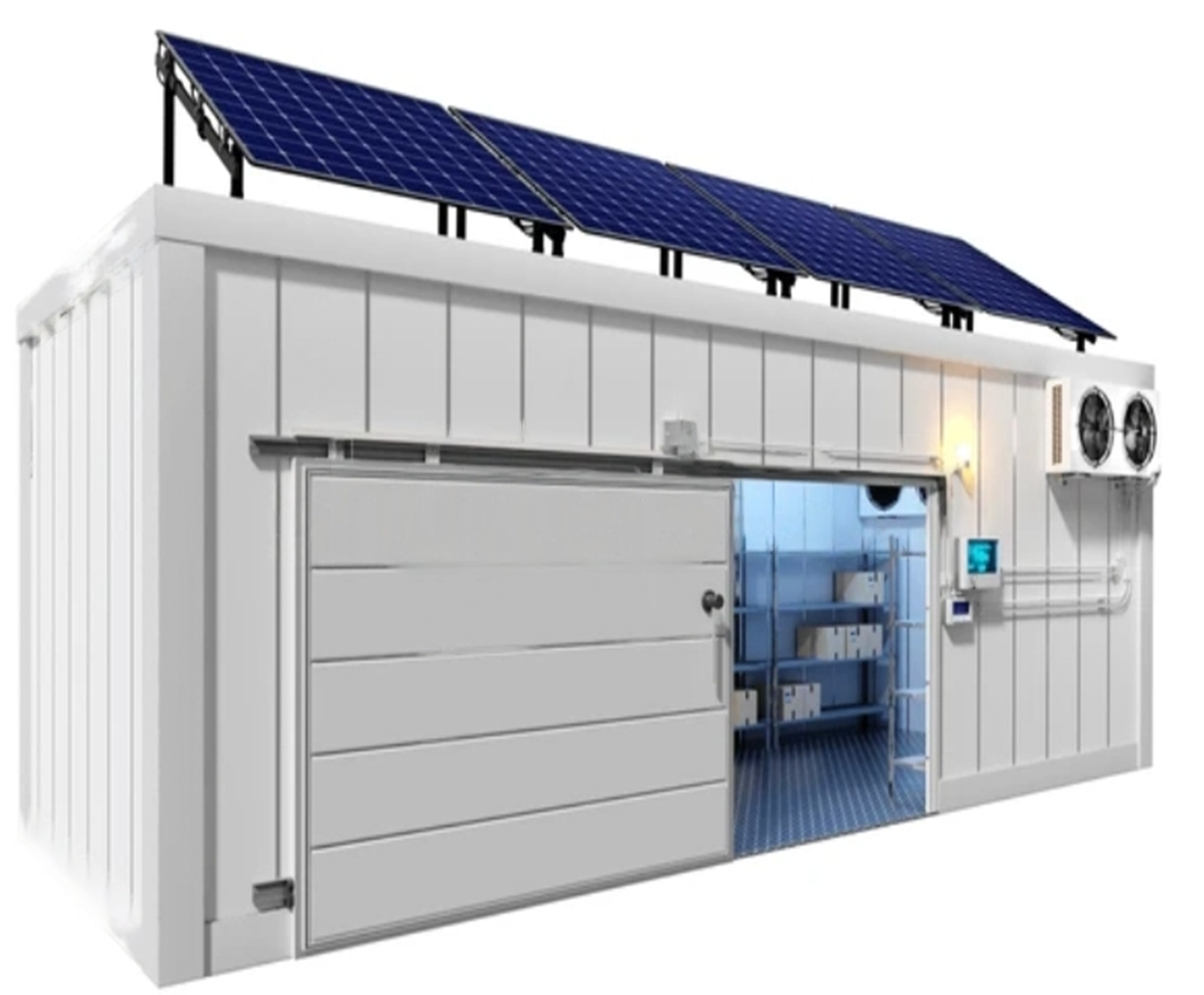
Image courtesy of Herbert Murungi
Herbert Murungi and team are developing solar-powered cold storage units aimed at produce farmers, butchers and fish sellers.
Targeting smallholder market vendors, particularly women, who constitute 75% of the 22,000 vendors in these markets, our project aims to address post-harvest losses, boost income, enhance food security, and reduce waste,” Mr. Murungi told E4C.
Their business model will be ‘pay-as-you-store,’ a PayGo variation adapted to storage.
The next steps will be to scale up through partnerships with local stakeholders, government agencies, and international organizations.
“By leveraging these collaborations, we aim to expand our reach to funders, communities, and regions, diversify our services, and integrate our cold storage facilities into broader agricultural value chains,” Mr. Murungi says.
Four Startups in Sub-Saharan Africa
For a practical perspective on the startup scene in Sub-Saharan Africa, the bootcamp introduced participants to four local founders who are fellows of Startup|Energy and involved in the organization’s accelerator. The founders are:
- Llyord Mwaniki Gitau, Co-Founder of Zuhura Solutions, developing a renewable-energy-powered food vending cart, the “Halisi Trolley.”
- James Mulatya, Co-Founder of Drop Access, who designed and developed a mobile solar refrigerator for medicines and vaccines.
- Omondi Makalliwa, Founder of TryKe Group Limited, a Kenyan e-logistics startup.
- And Chris Maara, Founder of Kiri EV, who built a “disruptive” electric bike business.
